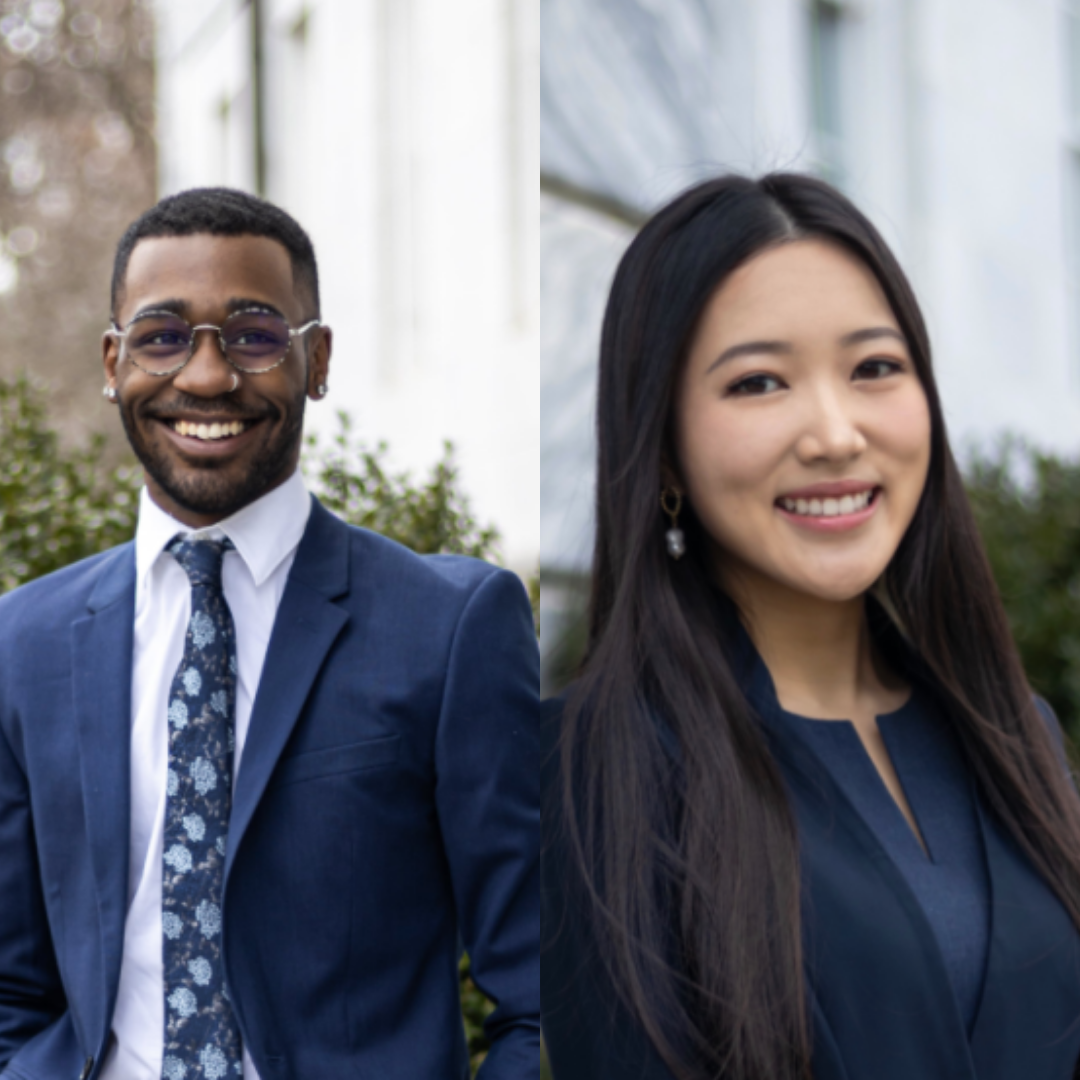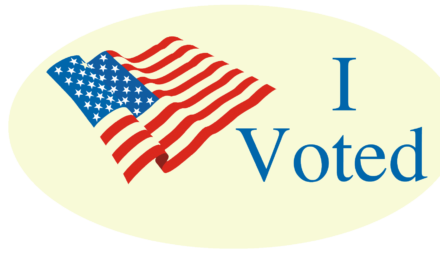 For Student Government Association (SGA) president and vice president, The Emory Wheel’s Editorial Board strongly endorses Rachel Ding (20Ox, 22B) and Amon Pierson (22C), respectively. We believe they have the experience and determination necessary to guide Emory’s student body through the pandemic recovery and rebuild Emory University as a more inclusive institution. Together, Ding and Pierson will usher in a new era of integrated, active and detailed legislation with an emphasis on marginalized students’ needs.
For Student Government Association (SGA) president and vice president, The Emory Wheel’s Editorial Board strongly endorses Rachel Ding (20Ox, 22B) and Amon Pierson (22C), respectively. We believe they have the experience and determination necessary to guide Emory’s student body through the pandemic recovery and rebuild Emory University as a more inclusive institution. Together, Ding and Pierson will usher in a new era of integrated, active and detailed legislation with an emphasis on marginalized students’ needs.
Ding served as the president of Oxford’s Student Government Association from 2019-2020 and as SGA’s speaker of the legislature since May 2020 . Pierson has been serving as president of the Black Student Alliance since June 2020 and vice president of student affairs on College Council (CC) since May 2020. They both know how to work both with and within large, influential student government organizations, and we expect them to do the same as vice president and president of SGA.
Ding and Pierson recognize that prior SGA leaders have not adequately addressed the inequities affecting international, low-income and female students at Emory. Thus, as SGA president and vice president, they will increase the agency of international students on campus by involving them in critical dialogue concerning policies that affect them. In an interview with the Wheel, Ding explained that their “overarching goal is to bring authenticity and structural changes.” She and Pierson acknowledge student government’s limitations, and instead of pretending to be unilateral decision makers, they have developed a realistic framework. Ding claims they “don’t have answers to all of the students’ concerns, but [their] commitment is to amplify the students’ voices.”
Diversity, equity and inclusion are the centerpieces of Ding and Pierson’s campaign. First, they will confront Emory’s racist history and lackluster diversity initiatives by lobbying the administration to fulfill Black students’ demands, such as renaming buildings dedicated to slaveholders and Confederate figures. Ding remarked that “[m]any students have suffered from trauma, whether it is from discrimination, or racism, or xenophobia,” and that she and Pierson will try their best to use their platform to address that. Their platform also seeks to forge partnerships with Historically Black Colleges and Universities to engage in a mutual exchange of exposure and resources. This innovative solution will hold the Emory administration more accountable for racist policies and microaggressions.
Their representation initiatives do not stop there. Ding and Pierson have also committed to pushing the University to adopt a formal land recognition statement acknowledging the Mvskoke tribe, who owned the land Emory was built on before being forcibly removed. When explaining this initiative in an interview with the Wheel, Pierson argued that “Emory has long been silent about the Indigenous presence on campus. We want to make sure that the voices of the Indigenous students are visible as well.”
Ding and Pierson will also take a strong stance on violent conservatism, an ideology that oppresses non-white students. They believe that it is crucial to create clear guidelines, agreed upon by the administration and students, of what would be deemed hate speech and what would constitute free speech. Based on Ding and Pierson’s plans to advocate for marginalized students, the Editorial Board trusts they will foster inclusivity on campus.
Specifically, Ding and Pierson will create the Coalition for the Advocacy of Marginalized Peoples (CAMP), which will comprise students outside of SGA and advise student government leaders on inclusion initiatives. Through this coalition, the duo seeks to address institutional problems rather than offer transitory, palliative solutions like implicit bias training or diversity summits.
Moreover, the candidates hope to work with faculty and administrators to release parts of previous course evaluations to students. Course registration can often feel like a game of chance, but if the two succeed in publicizing past anonymous feedback, students would become empowered to choose the classes best suited to their interests and academic goals.
That said, their platform is not flawless. Its failure to emphasize the Student Activity Fee (SAF) or provide solutions to concerns over inequitable distribution between divisional councils is a major problem, given that the SAF is such a large financial resource for student organizations. When asked about the SAF in her interview, Ding said the issue was not particularly crucial to her initiative, but that she would still examine it carefully before making changes. Although their platform has its limitations, they are minor compared with Ding and Pierson’s comprehensive and realistic goals. Both are enthusiastic and attentive to student needs, and their initiatives are sure to promote inclusivity and well-being at Emory.
With ample experience and an innovative platform, Ding and Pierson can be the SGA president and vice president that the Emory student body needs. So vote Ding and Pierson on Wednesday in the 2021 SGA election — Emory needs a change, and together, they can lead us there.
The above editorial represents the majority opinion of the Wheel’s Editorial Board. The Editorial Board is composed of Sahar Al-Gazzali, Viviana Barreto, Rachel Broun, Jake Busch, Sara Khan, Martin Shane Li, Sophia Ling, Demetrios Mammas, Meredith McKelvey, Sara Perez, Leah Woldai, Lynnea Zhang and Yun Zhu.
The Editorial Board is the official voice of the Emory Wheel and is editorially separate from the Wheel's board of editors.





